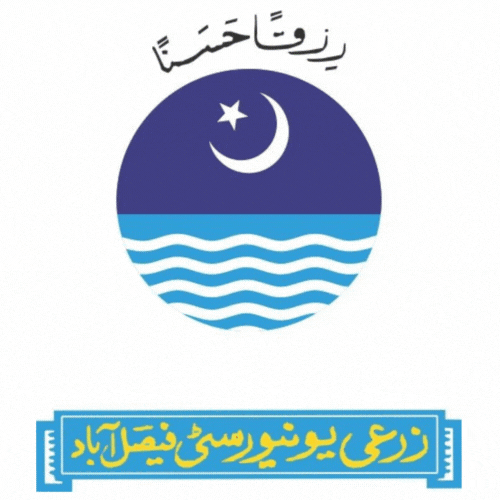
Speakers at an International Workshop on Tuesday called for adopting alternative energy resources including wind, solar, bio gas and biomass to become self-sufficient in the energy sector.
Speakers at an International Workshop on Tuesday called for adopting alternative energy resources including wind, solar, bio gas and biomass to become self-sufficient in the energy sector. Glimpses of 4th day of ongoing drama festival staged at the University of Agriculture Faisalabad. Glimpses of 4th day of ongoing drama festival staged at the University of Agriculture Faisalabad. Glimpses of 4th day of ongoing drama festival staged at the University of Agriculture Faisalabad. The country is having tremendous potential to produce electricity through 81 million tons of biomass, 720 million kg animal dung, wind and solar, they said while speaking at the inaugural session of three-day International Workshop titled Renewable Energy Technologies arranged by Faculty of Agricultural Engineering and Technology, University of Agriculture Faisalabad in collaboration with University of Kassel, Germany. Chairing the session, UAF Vice Chancellor Prof Dr Iqrar Ahmad Khan said that nexus of water and energy were prerequisite to ensure food security in the country. He said that if we promote bio energy, it could help the country particularly the rural community to overcome power shortage and run tube wells and other agricultural machineries without any interruption. He said that water was becoming scarce as the country is facing the worst per capita water availability. He said only from the wind energy, the country possesses the potential of generating 20,000 MW of energy. He said that the University had launched first-ever BSc Energy System Engineering in the country to produce the skilled manpower in order to deal with the crisis. He said that USAID was setting up three Advanced Studies Centers in Food security; Water; and Energy in the country. The Food Security centre is being established at UAF. He said the University has also been actively working with the International Center for Development and Decent Work (ICDD) of the University of Kassel, Germany in fight against global hunger and poverty through research and education. Talking about rural development, he said model like South Korea, where they put their focus on the rural people uplift, was need of the hour to curb the trend of heavy migration to the cities. Dr Uwe Richter from University of Kassel, Germany stressed the need of optimized usage of the energy. He said that Global Positioning System and Geographic Information System combined with the remote sensing are among the best tools to handle variations in productivity within a field and maximize financial return, reduce waste and minimize the impact of environment using automated data collection, documentation and to optimization of energy in the field. Dean Faculty of Agricultural Engineering Prof Dr Allah Bukhsh said that with the passage of time, the demand of electricity was increasing whereas water resources are decreasing. He said that usage of alternative energy methods was essential to overcome the energy crisis, crippling the social and economic activities. He was of the view that the Punjab government had launched a program to convert 20,000 tubewells too be run by biogas. He said that the Biogas plant had been established for the research, training and promotion of the technology in which waste of 3000 on-farm animals of the university was being used. Dr Anjum Munir said that biogas can address the domestic and on-farm gas requirement and can be used to run the tube-wells. He said that postharvest losses accounts for the 40 tto 50 percent. He was of the view that the solar energy can successfully be used for the processing of agri products. He said that UAF in collaboration with the International Centre for Development and Decent Work and DAAD, Germany had been working for the development of solar technology. He said that four technologies including solar roaster, solar distillation system, solar tunnel dryer and solar autoclave had been developed at the varsity so far. Michael Hesse and Katherine Troeger from University of Kassel, Germany also attended the inaugural session.



